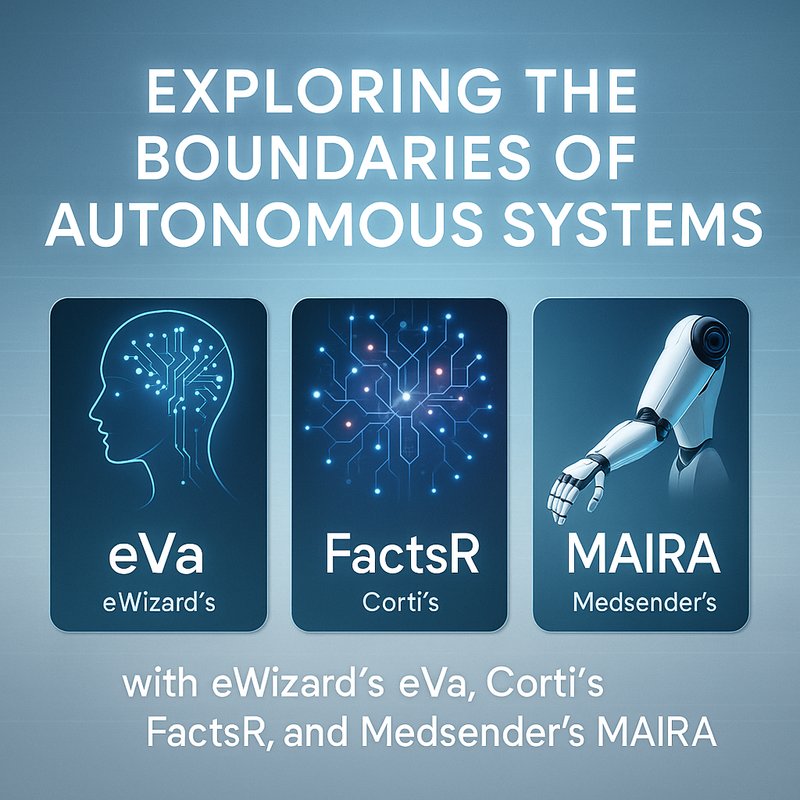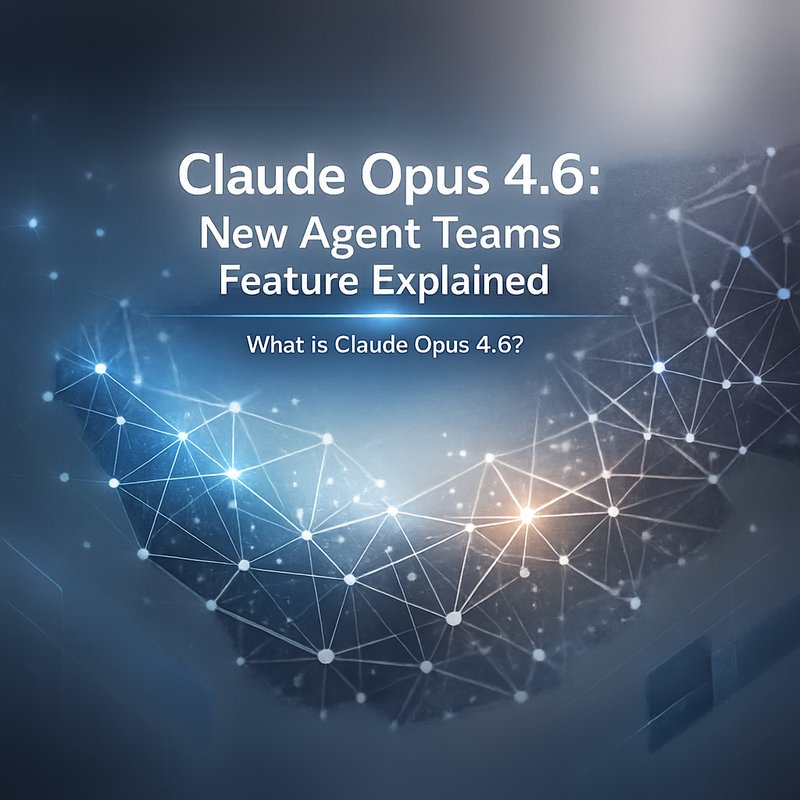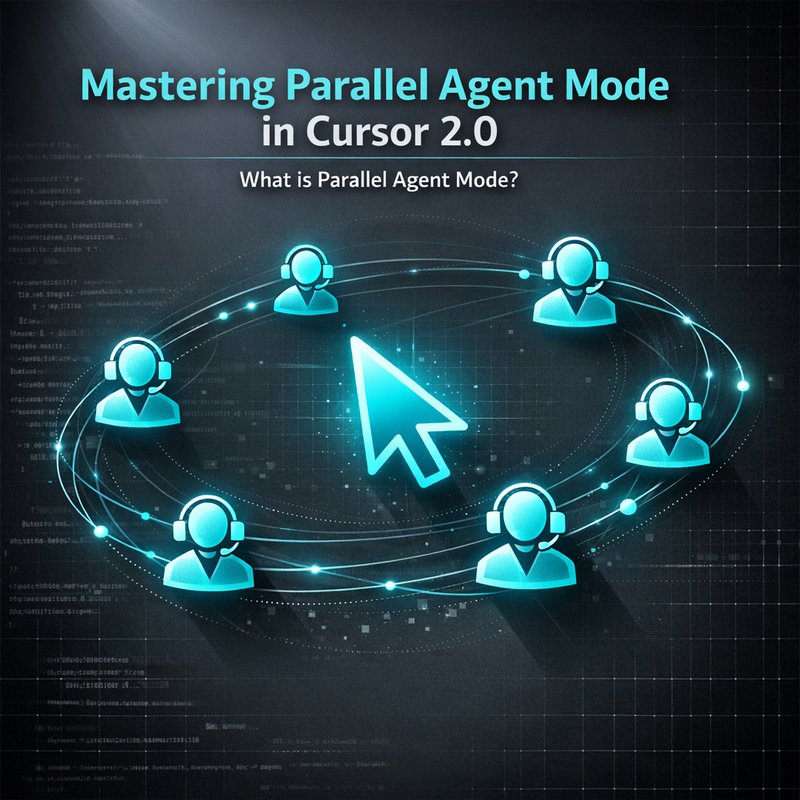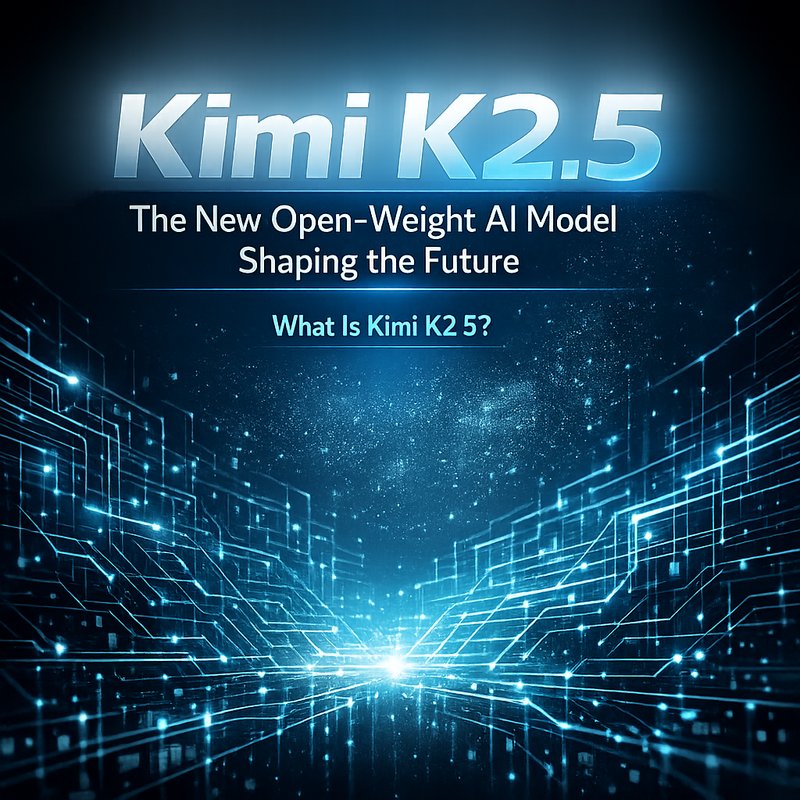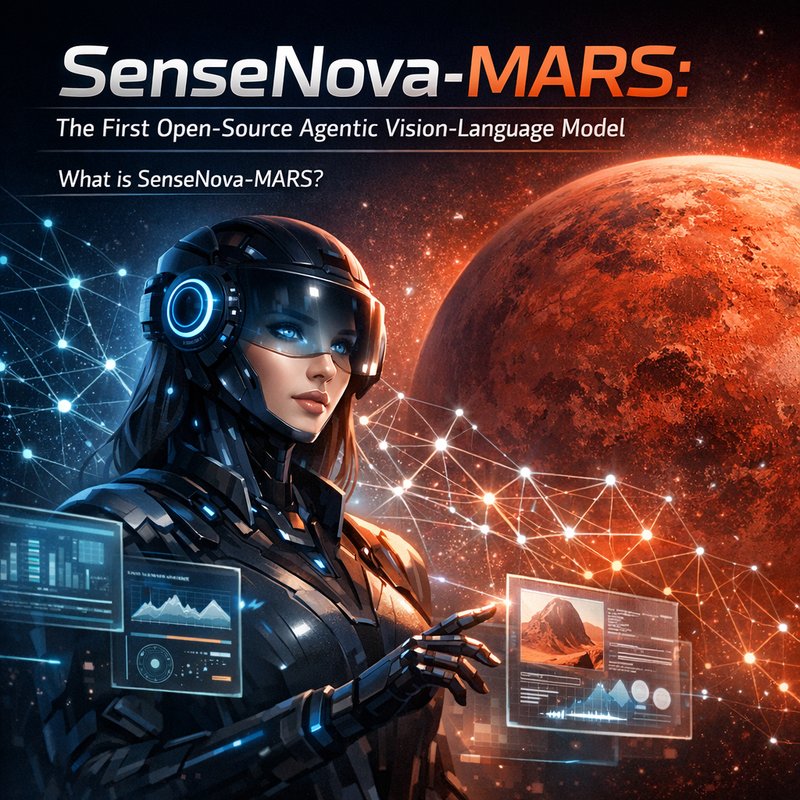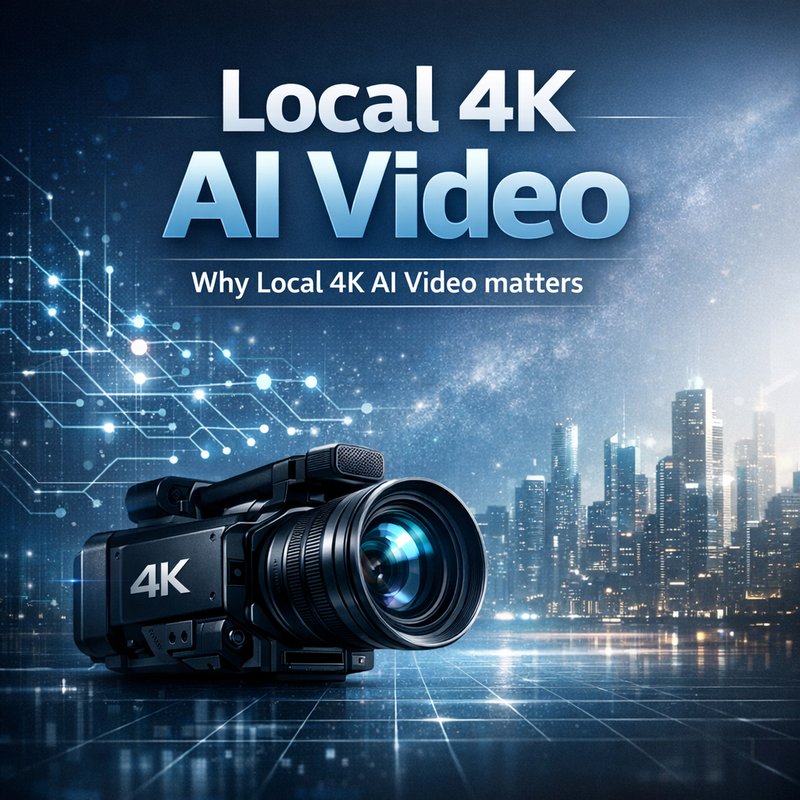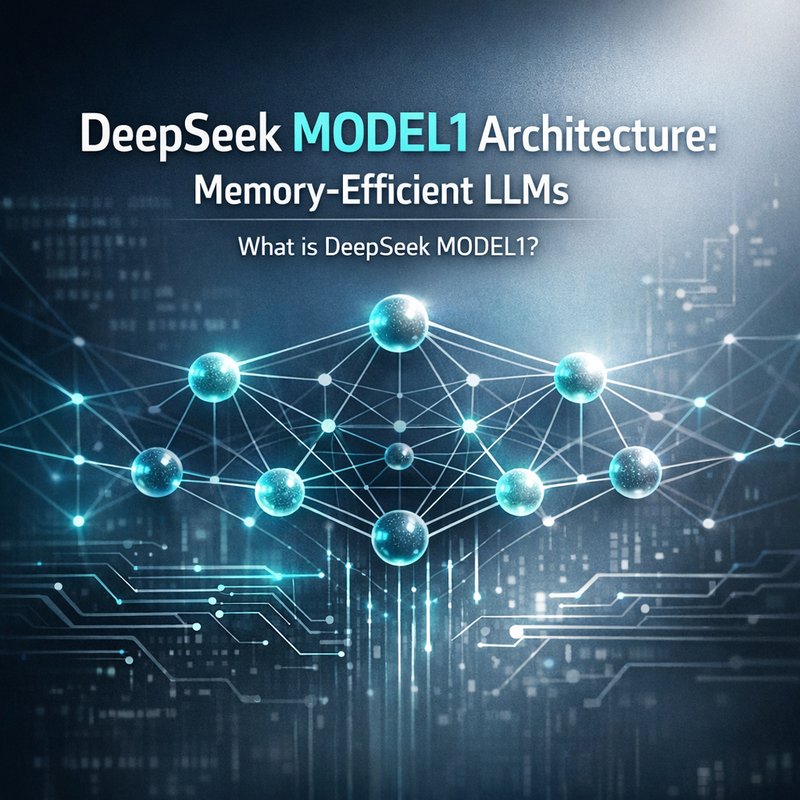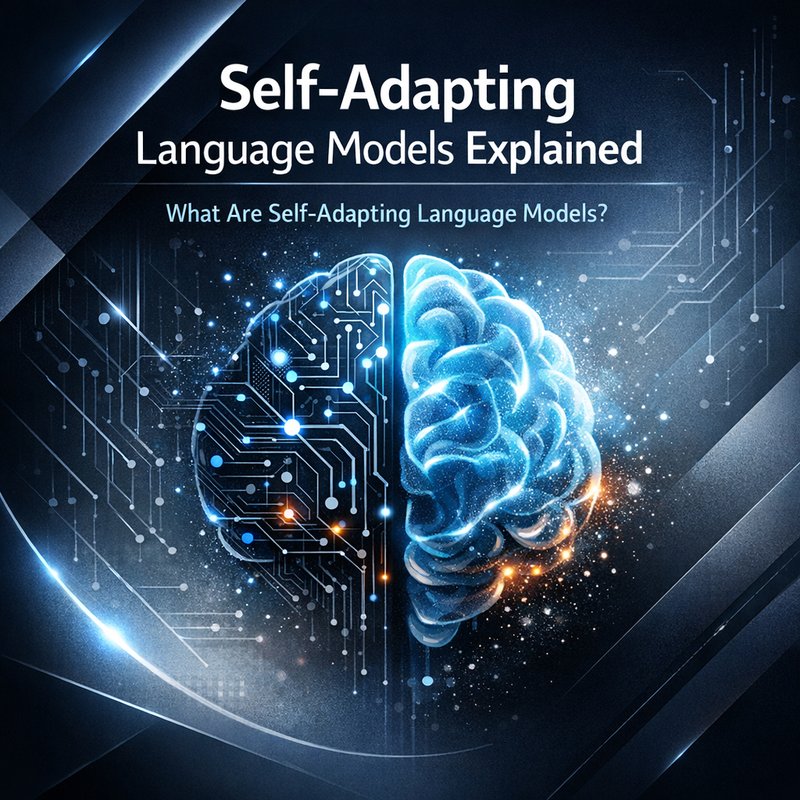The Future of Work: Can AI Agents Replace Humans?
Exploring the Boundaries of Autonomous Systems with eWizard’s eVa, Corti’s FactsR, and Medsender’s MAIRA
The world of work is rapidly evolving, and one of the most significant changes is the increasing presence of AI agents in the workplace. From automating repetitive tasks to improving accuracy and efficiency, AI agents are transforming the way we work. But can they replace humans entirely? In this article, we’ll explore the capabilities and limitations of AI agents, and discuss the potential for humans and AI agents to work together effectively.
The Rise of Autonomous Systems
AI agents are becoming increasingly prevalent in various industries, from healthcare to finance. These agents are designed to perform specific tasks, such as data analysis, customer service, and even content creation. Some examples of AI agents include:

- eWizard’s eVa: an AI agent designed for the pharmaceutical and life sciences industries to streamline content creation and ensure compliance
- Corti’s FactsR: an AI agent specifically for clinical consultations
- Medsender’s MAIRA: an AI voice agent with scheduling and EHR integrations
These AI agents are capable of processing vast amounts of data, automating repetitive tasks, and improving accuracy and efficiency. But despite their capabilities, there are still significant limitations to their use.
The Capabilities of AI Agents
AI agents have several key capabilities that make them useful in the workplace:
- Data Analysis: AI agents can quickly and accurately analyze large amounts of data, identifying patterns and trends that may be difficult for humans to detect.
- Automation: AI agents can automate repetitive tasks, freeing up human workers to focus on more complex and creative tasks.
- Accuracy: AI agents can perform tasks with a high degree of accuracy, reducing the risk of human error.
But while AI agents have many capabilities, there are also significant limitations to their use.
The Limitations of AI Agents

Despite their capabilities, AI agents have several limitations:
- Lack of Human Intuition and Empathy: AI agents lack the human intuition and empathy that is essential for many tasks, particularly those that require complex decision-making or emotional intelligence.
- Limited Ability to Handle Complex and Creative Tasks: AI agents are not yet capable of handling complex and creative tasks, such as writing, art, or music.
- Dependence on Data Quality and Availability: AI agents are only as good as the data they are trained on, and their performance can be limited the quality and availability of data.
The Human Touch: Why Humans Remain
While AI agents have many capabilities, there are still several reasons why humans remain essential in the workplace:
- Creativity and Problem-Solving: have the ability to think creatively and solve complex problems, making them essential for that require innovation and critical thinking.
- **Emotional Intelligence and Empathy Humans have emotional intelligence and empathy, which are essential for tasks that require building relationships managing teams, or providing customer service.
- Complex Decision-Making and Critical Thinking: Humans have the ability to make complex decisions and think critically, making them essential for tasks that require nuance and judgment.
The Future of Human-AI Collaboration
While AI agents are not yet capable of replacing humans entirely, there is significant potential for humans and AI agents to work together effectively. This collaboration can take many forms, from humans working alongside AI agents to AI agents augmenting human capabilities.
- Human-AI Symbiosis: The concept of human-AI symbiosis suggests that humans and AI agents can work together to achieve greater efficiency and innovation. By combining the capabilities of AI agents with the creativity, empathy, and critical thinking of humans, we can create a more efficient and effective workforce.
Conclusion
In conclusion, while agents have many capabilities and are transforming the way we work, they are not yet capable of replacing humans entirely. By understanding the capabilities and limitations of AI agents, we can create a more effective and efficient workforce that combines the best of both humans and machines.
